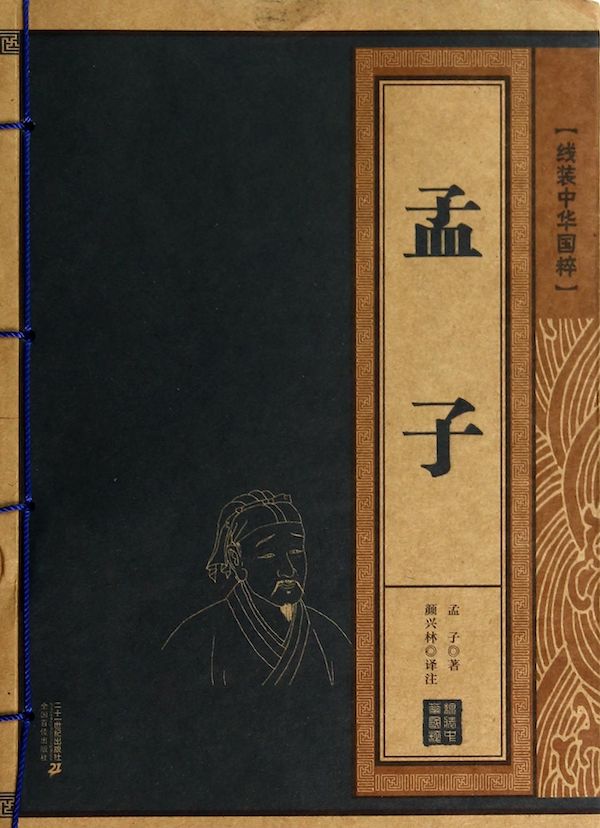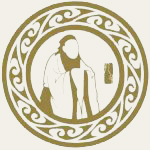The Mencius
(Mengzi; 孟子)
Chinese Author: Mencius and his disciples English Translation: James Legge (理雅各)
The Mencius, as a gem among the Four Books of Confucianism, is a profound work exploring moral ethics, political governance, and the nature of human beings. This book was written by Mencius (Meng Ke), an outstanding inheritor and promoter of Confucian thought, although he was not a disciple of Confucius. In the text, Mencius expounds on the philosophical concept of the inherent goodness of human nature and strongly advocates for benevolent governance and the noble virtues that rulers should possess.

Chapters
- Home Page
- 1. Liang Hui Wang I (孟子·梁惠王上)
- 2. Liang Hui Wang II (孟子·梁惠王下)
- 3. Gong Sun Chou I (孟子·公孙丑上)
- 4. Gong Sun Chou II (孟子·公孙丑下)
- 5. Teng Wen Gong I (孟子·滕文公上)
- 6. Teng Wen Gong II (孟子·滕文公下)
- 7. Li Lou I (孟子·离娄上)
- 8. Li Lou II (孟子·离娄下)
- 9. Wan Zhang I (孟子·万章上)
- 10. Wan Zhang II (孟子·万章下)
- 11. Gao Zi I (孟子·告子上)
- 12. Gao Zi II (孟子·告子下)
- 13. Jin Xin I (孟子·尽心上)
- 14. Jin Xin II (孟子·尽心下)
Not only has The Mencius had a profound impact on ancient Chinese society, shaping its moral views and political philosophy, but its wisdom has also transcended time and space. In the 19th century, the renowned British sinologist, James Legge, translated this Confucian classic into English. His translation is not only faithful to the original text but also covers detailed annotations, greatly aiding Western readers in understanding the philosophical ideas of Mencius. Through Legge’s translation, the wisdom of The Mencius was spread to the Western world, injecting new vitality into the international discussion of Confucian ethics.
